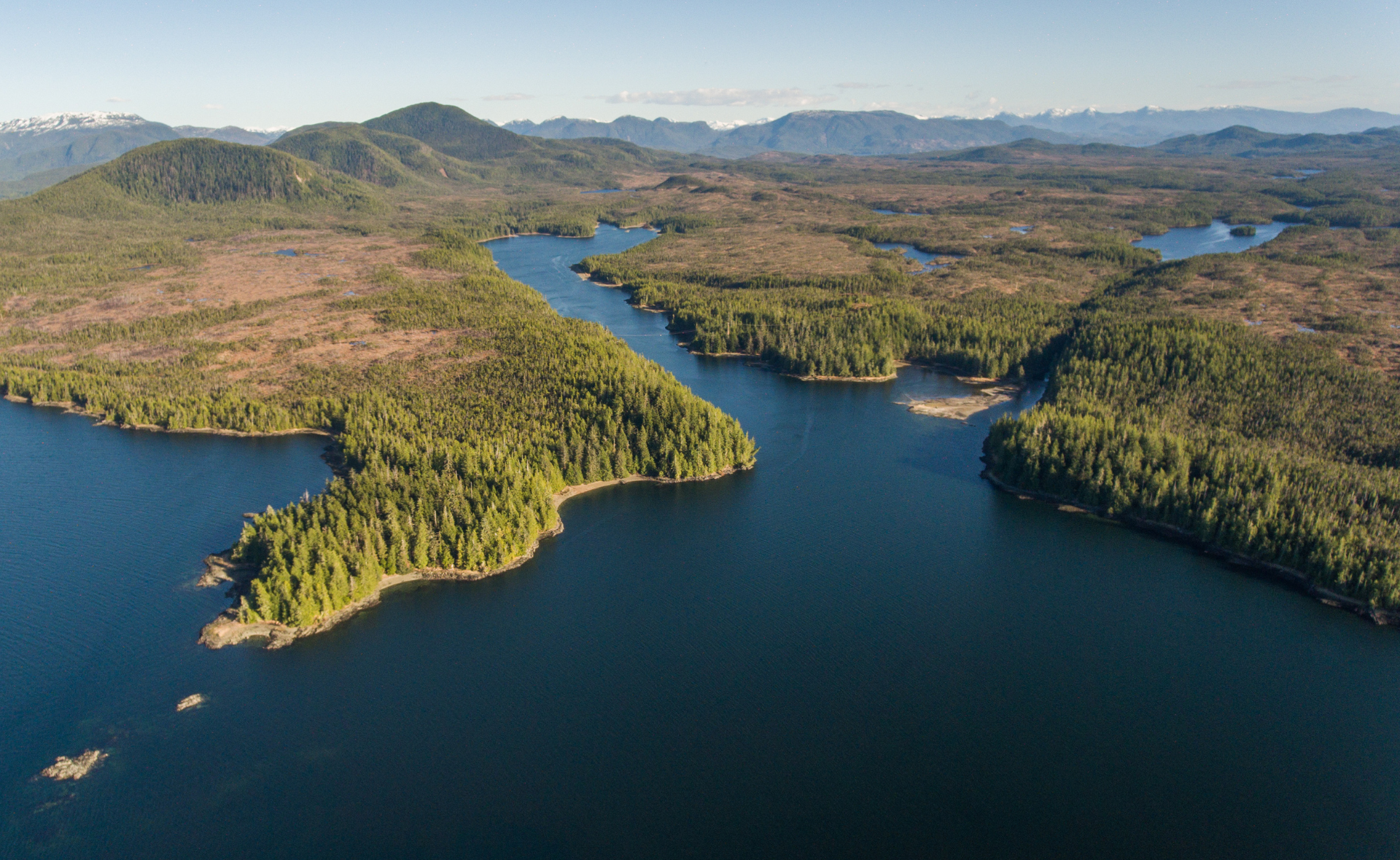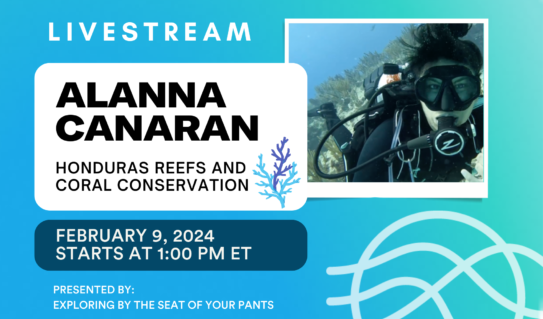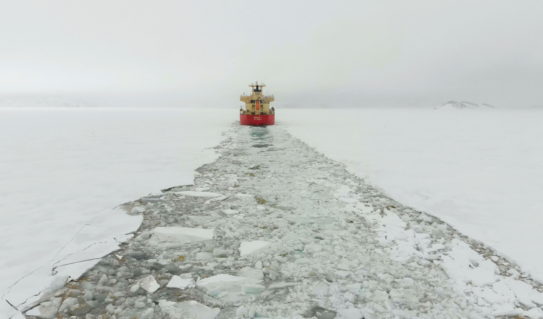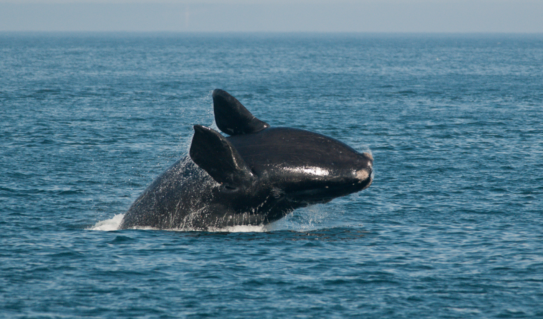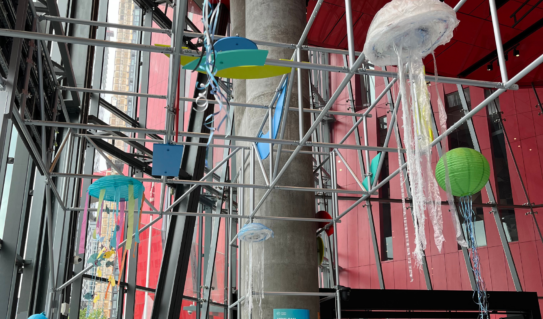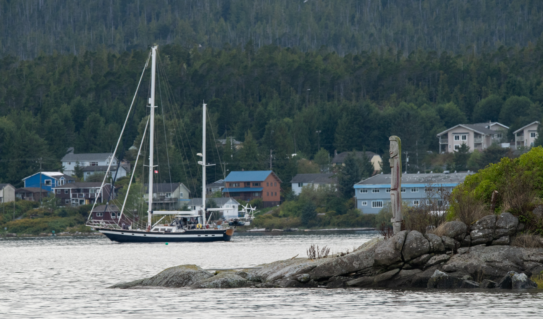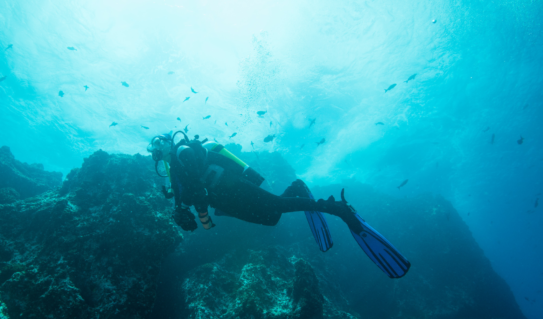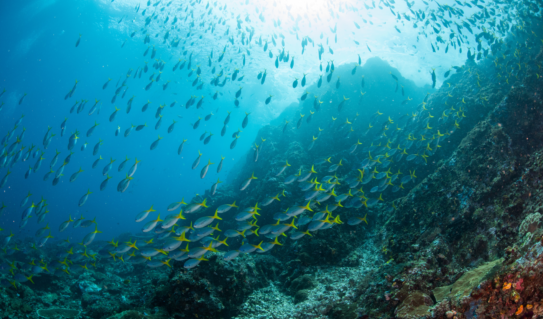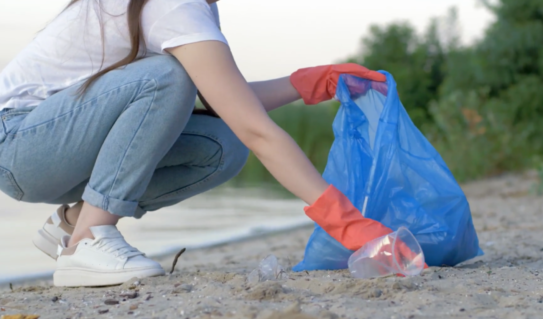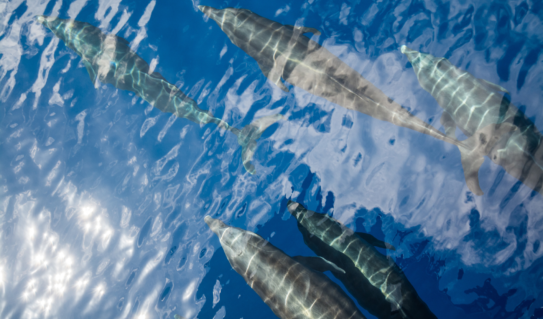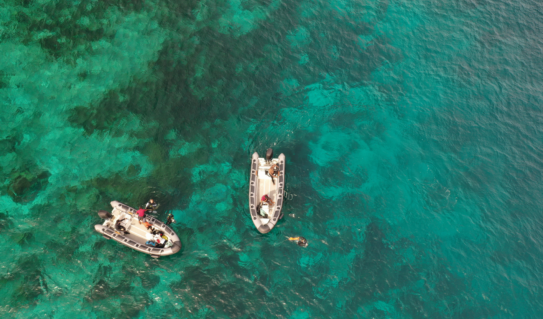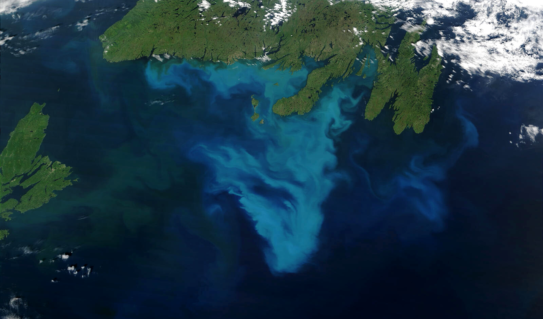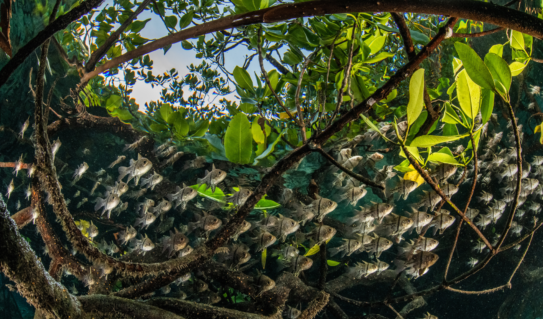About CarolAnne Black
CarolAnne Black tells ocean stories. She writes on all topics related to the ocean, and especially loves to work on writing projects that help empower girls and women in ocean science. In her work, CarolAnne gets to talk with ocean experts from around the world and write about how they’re working to understand and protect our global ocean. She likes to swim with her three kids in the Ottawa River by their home and talk about how the water is making its way back to the ocean.
🔗 Website
